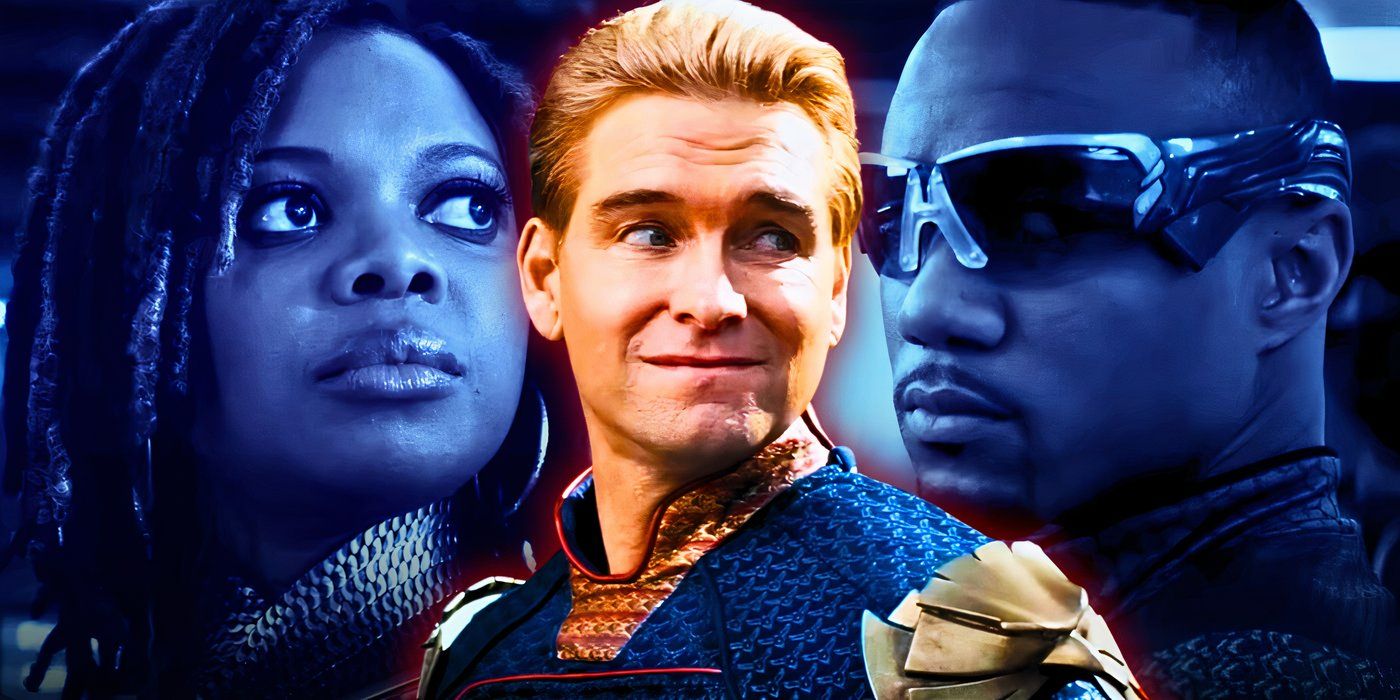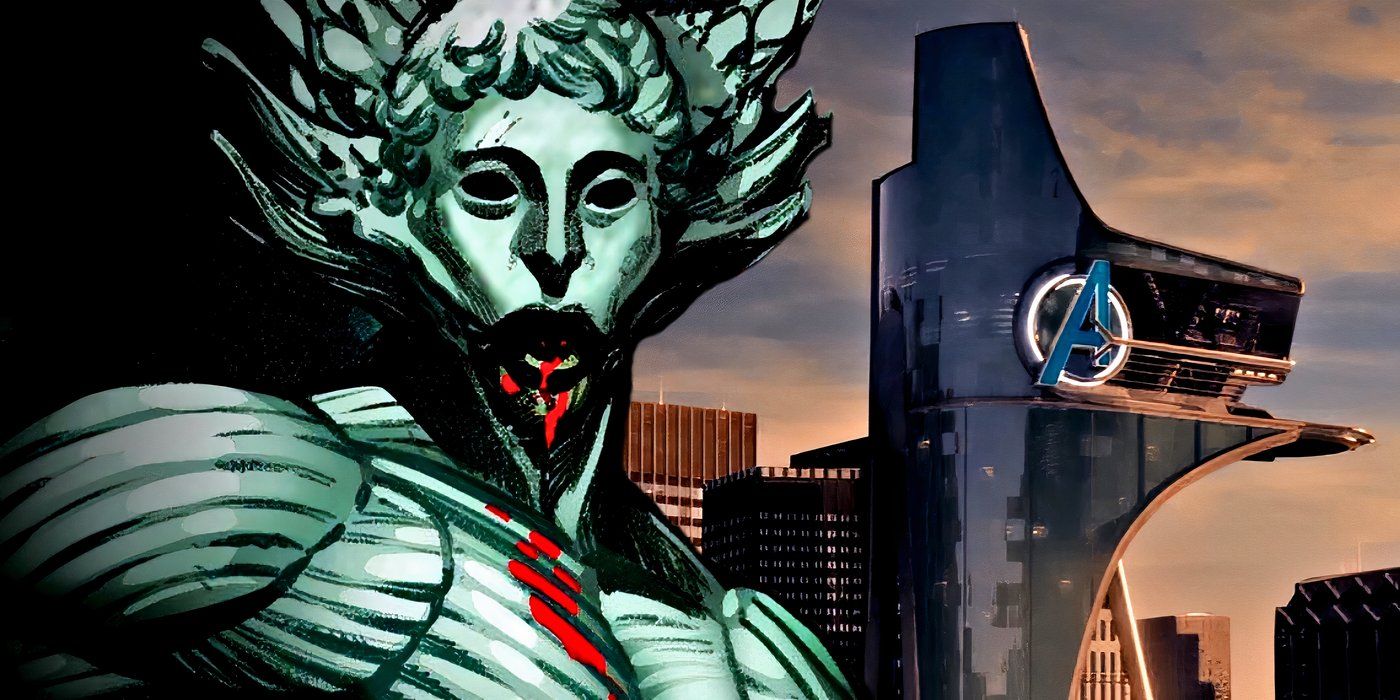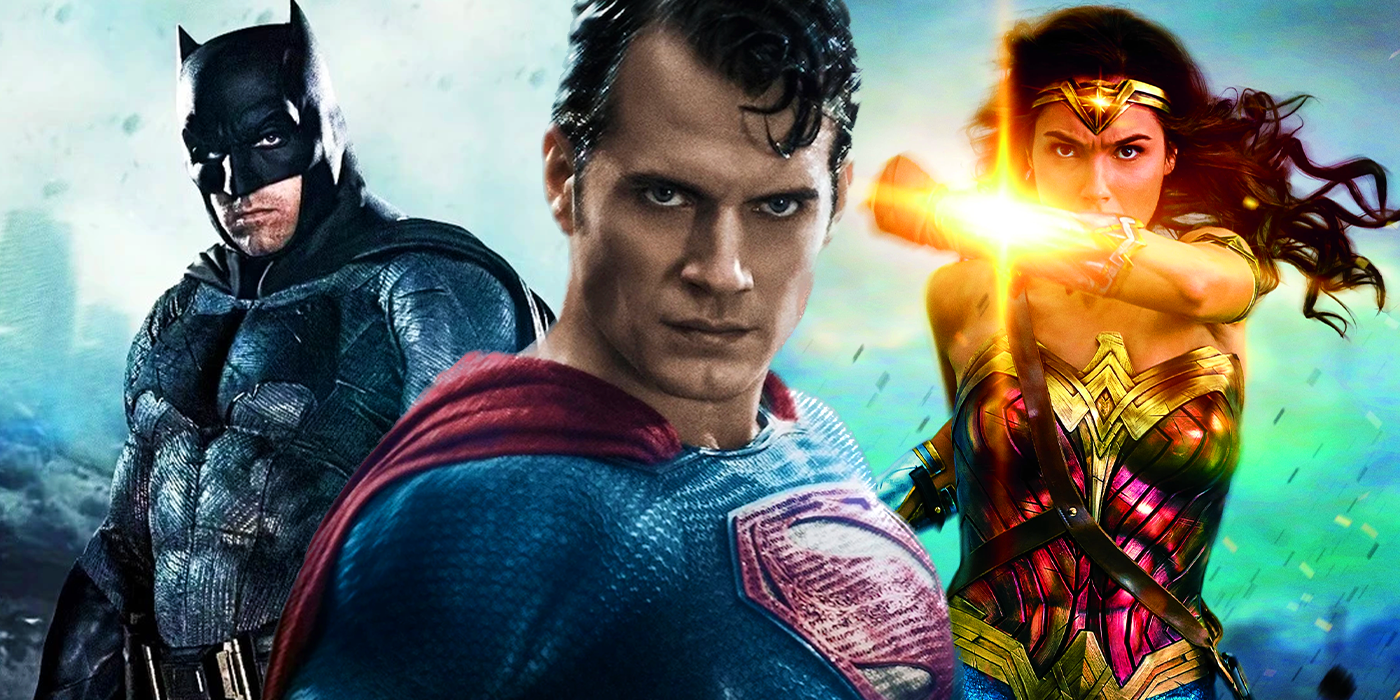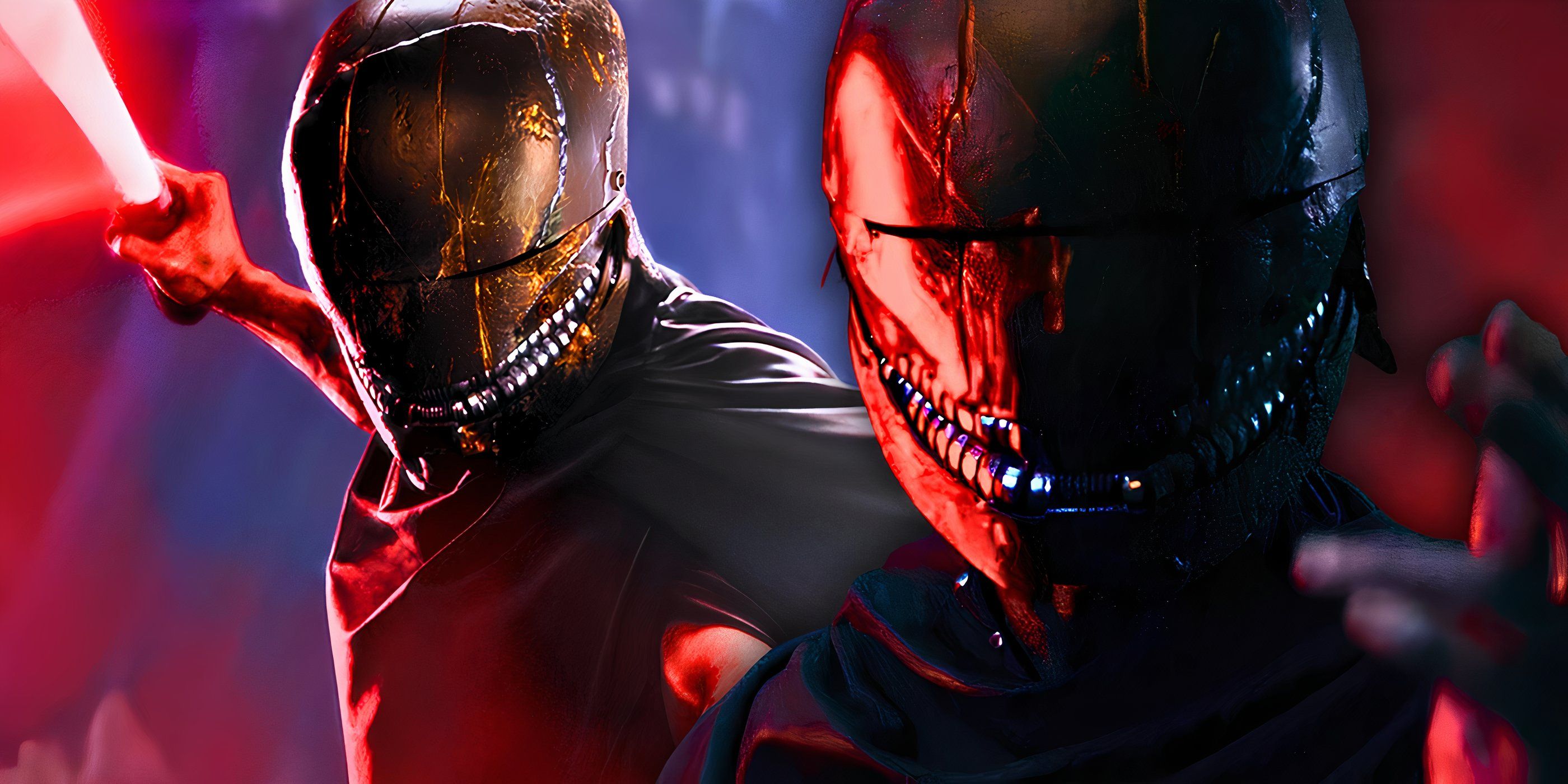Batman and Joker battled for Gotham’s soul in The Dark Knight, but the figure who really won remains debatable. What started as a series of violent crimes meant to throw Gotham into chaos for Joker’s amusement soon evolved into a plot to challenge Batman’s incorruptible code to never kill. When captured, Joker revealed to Batman he had an “ace in the hole,” referring to Harvey Dent, newly formed as Two-Face, and his murderous mission to avenge Rachel’s death.
After resolving the ferry incident without any casualties and capturing Joker in The Dark Knight, Batman was forced to take down Gotham’s former hero, Harvey. Batman’s tackle resulted in Harvey’s death and left the Caped Crusader with another dilemma. Refusing to let Gotham lose hope in heroes and let Joker win, Batman branded himself a criminal. He took responsibility for the deaths of the five people Two-Face killed, as well Harvey’s death. With Harvey’s White Knight image intact and someone else to blame for the murders, Batman believed that outcome would restore Gotham’s faith in heroes. Unfortunately, dismantling Gotham’s hope wasn’t Joker’s true endgame.
Did Batman Foil Joker’s Plan In The Dark Knight?
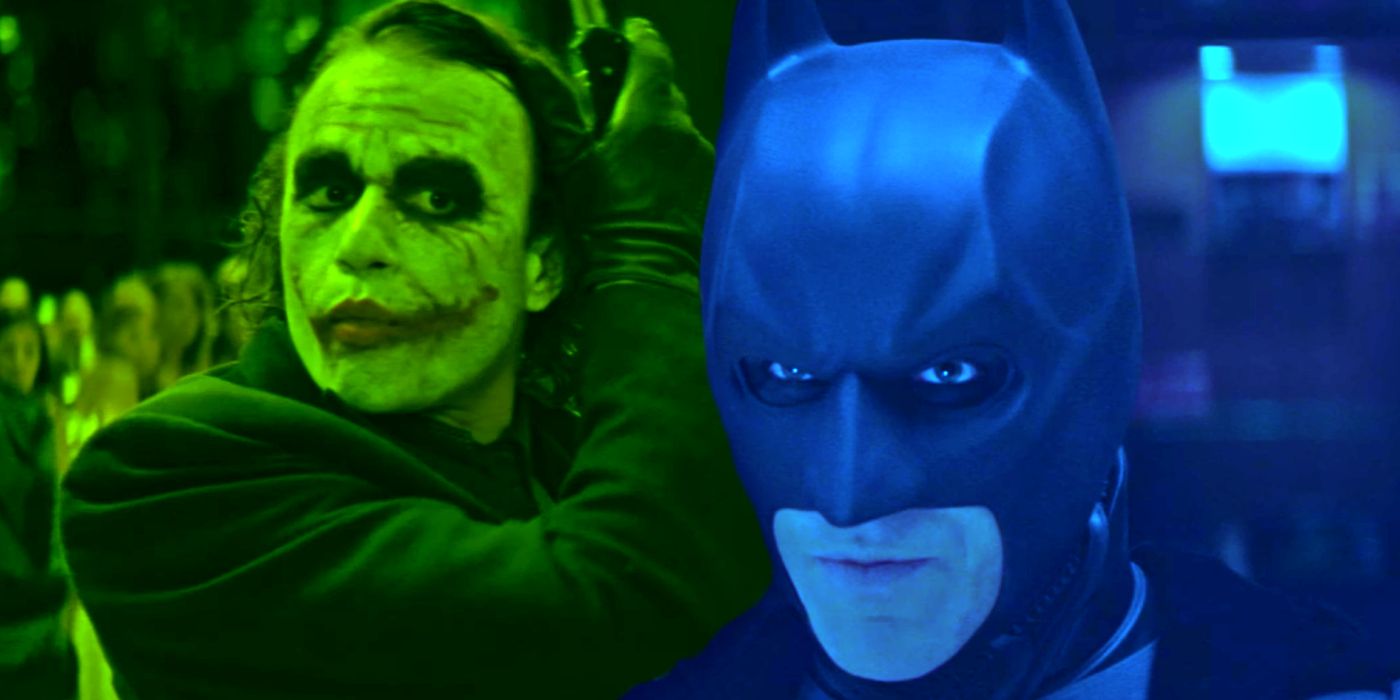
In The Dark Knight, Joker orchestrated a series of crimes to expose Gotham to what he had come to believe was human nature, “When the chips are down, these ‘civilized people?’ They’ll eat each other.” All he had to do was push them to their limits and watch self-preservation, fear, and vengeance tear down their own walls of morality and civility. Naturally, Batman had faith that, even in Gotham’s darkest hour, the people would do the right thing.
Not pushing the trigger in the ferry incident was evidence of Batman’s faith in the people of Gotham. Batman’s no-kill rule meant he refused to eliminate Joker after throwing him out the window, another blow to Joker’s plan to incite anarchy. Yet Joker remained smiling as he revealed what had become of Harvey. Joker brought Gotham’s White Knight down to his level of criminality.
In The Dark Knight‘s climax, Batman, presumably out of gadgets, resorted to tackling Harvey off the ledge to save Gordon’s son. The fall killed Harvey and forced Batman to finally confront his actions. For Gotham’s sake, Batman lied and took the blame for Harvey’s crimes because Gotham needed better heroes than what he could represent. Batman realized his vigilantism inspired both criminals and citizen vigilantes, rather than deterring them. By branding himself a criminal, Batman foiled Joker’s plan to further incite chaos, but that was only part of Joker’s plan.
Bringing The Dark Knight’s Harvey Dent down to Joker’s level was the next step, but it may not have been the final one, and Harvey may have only been another pawn. To pull it off, Joker needed everyone to believe he was a madman without a plan, an agent of chaos who wanted to “watch the world burn.” That was a lie too big to fail, and it blinded Batman to Joker’s true intentions.
Why Batman Believed He Won In The Dark Knight
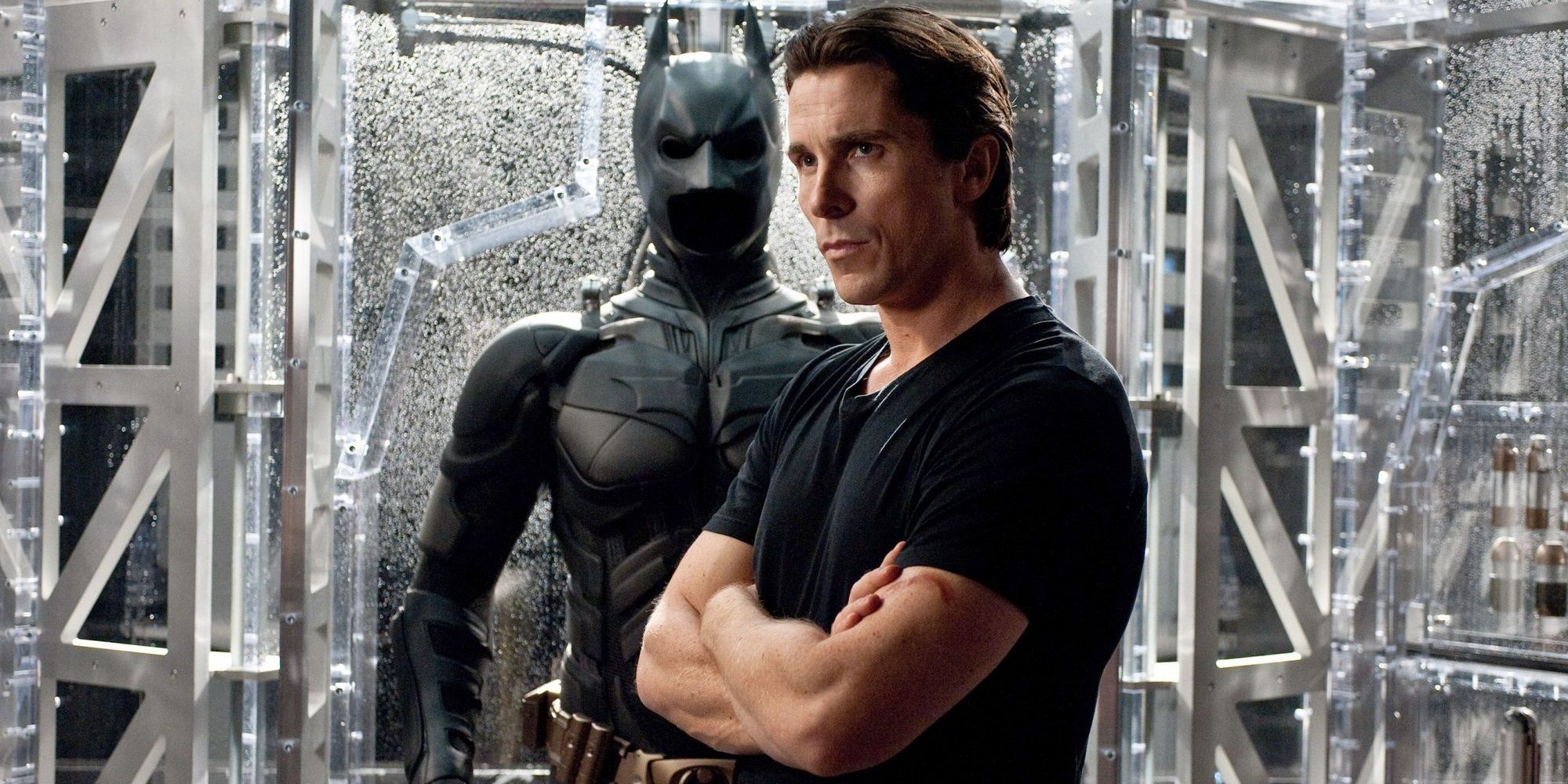
The Dark Knight was peppered with lies and deception from the beginning, as seen when the bank robbers turned on each other. A lie can be a powerful weapon to protect or destroy. Alfred lied to protect Bruce from the potentially heartbreaking contents of Rachel’s letter. Harvey lied to prevent Batman from revealing his identity. Joker’s Dark Knight lies were made in part to stay ahead of everyone else and for his own self-aggrandizement. Batman, however, lied to punish himself. It was the only way he could move forward victorious against the Joker.
Protecting Gotham from the truth of Harvey’s crimes was the reason Batman gave for taking the blame, but it wasn’t necessary. If keeping Harvey’s White Knight image intact was that important, Gordon could have simply had the police chase a ghost, or Batman could have framed Joker. Additionally, if Batman felt guilty or responsible because his vigilantism didn’t deter crime, he could have turned himself in. Instead, while holding himself accountable for killing Harvey and grieving the loss of Rachel, Batman told Gordon to send the dogs after him as punishment for wearing the mask. Yet, in The Dark Knight‘s final shot, he ran away out of self-preservation because he also refused to take the mask off.
Batman’s biggest lie was that Gotham needed Batman. Batman couldn’t persevere if he didn’t believe he was winning the war on crime. Protecting the people of Gotham was no longer just a vow, as it gave meaning and purpose to Rachel’s and Harvey’s deaths. Running away at the end of The Dark Knight, ironically, was Batman’s way of atoning for his actions without giving up on his vow.
Gotham could rest peacefully with Joker captured and someone to blame for Harvey’s crimes and death. The battle for Gotham’s soul had ended and its soul was able to remain hopeful. With that, Batman believed he won. Rather, that is what Batman was made to believe because that’s what he thought Joker cared most about.
Joker’s True Endgame In The Dark Knight & How He Beat Batman
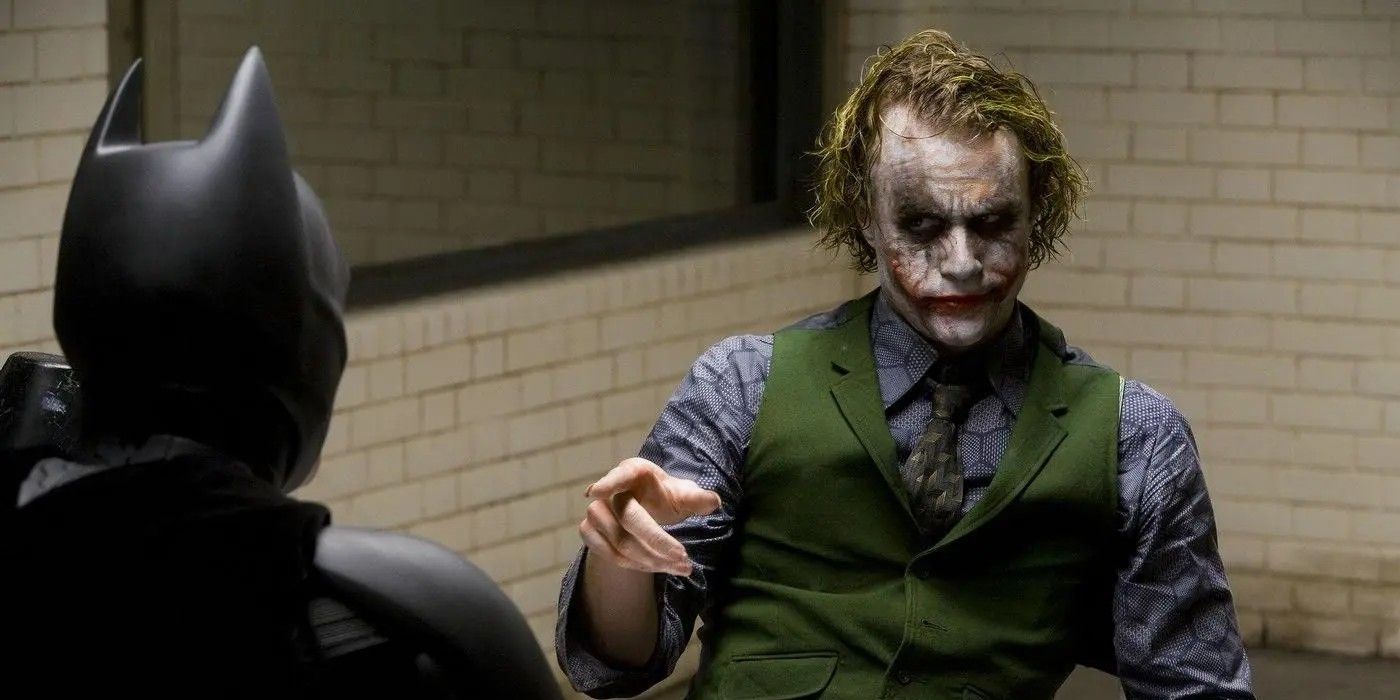
During The Dark Knight‘s brutal interrogation scene, Batman questioned why Joker wanted to kill him. That was the furthest thing from the truth for Joker, as he replied, “I don’t want to kill you… You complete me.” Joker had realized he and Batman were like two sides of the same coin. It wasn’t a matter of hero versus villain anymore. For Joker, he had finally found his mirror in Batman, someone to match his madness. However, Batman’s rule to never kill made it impossible for Batman to ever identify with Joker because Joker was a murderer.
That’s when Joker’s plan shifted from chaos for the sake of chaos to tearing down Batman’s self-righteousness. The ambition became making Batman understand what Joker saw in human nature. To Joker, the same madness that was in him was in everyone, as he told Batman during the ferry sequence, “Madness, as you know, is like gravity. All it takes is a little push.” Heath Ledger’s Joker was Batman’s ultimate antagonist because he made Batman see how easy it was for a hero to fall.
When Batman tackled Harvey to his death, he realized he, too, had fallen. Batman broke his rule. Batman saw himself as the person who killed Harvey Dent, a murderer like Joker. The moral choice for Batman would have been to turn himself in. A true hero would not have held himself above the law. Thus, Batman had to decide whether he was a hero at all. It’s why he stated, “You either die a hero or live long enough to see yourself become the villain.” Batman’s vow and sense of heroism meant he couldn’t turn himself in, but he still needed to atone. He convinced himself that he had won so long as the people of Gotham never knew the truth.
Joker’s true endgame to bring Gotham’s hero to his level was complete when Batman killed The Dark Knight‘s Harvey Dent and took the blame for his crimes. Though Batman believed taking the blame was the only way to both atone and give hope back to the people of Gotham, the lie destroyed his reputation. Joker was correct when he told Batman, “The only sensible way to live in this world is without rules.” Joker’s plan forced Batman to break his rule and choose between protecting Gotham or protecting his reputation as a hero. The Dark Knight started as a battle for the soul of Gotham but ended as a battle for the soul of Batman.
